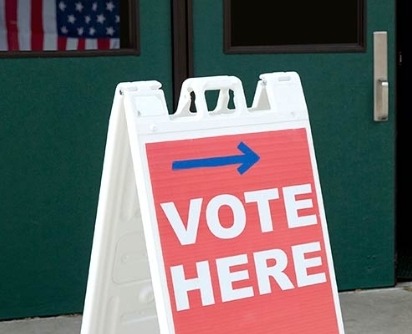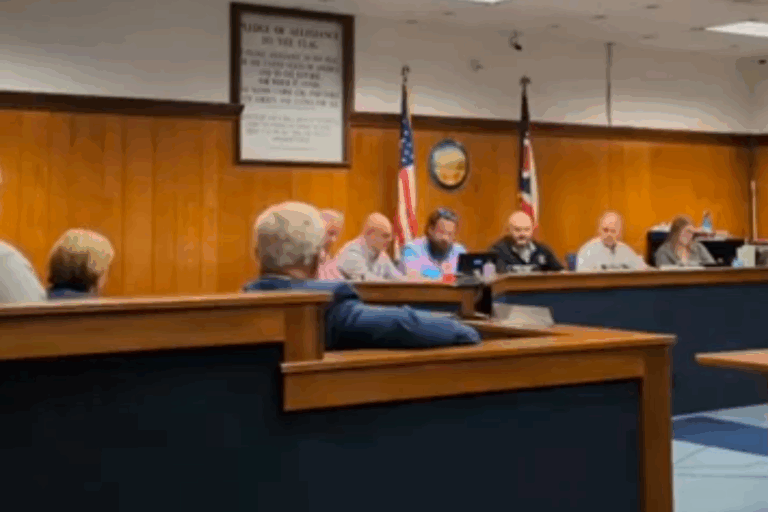
Frank LaRose Ohio Secretary of State

In a significant move aimed at ensuring the integrity of the upcoming 2024 elections, Ohio has announced the removal of hundreds of noncitizens from its voter rolls. This action comes as part of a broader audit and review process to verify voter eligibility and maintain accurate and up-to-date electoral records.
Background and Process
The decision to purge noncitizens from the voter rolls is part of an ongoing effort by the Ohio Secretary of State’s office to safeguard the electoral process. Utilizing data from the Bureau of Motor Vehicles (BMV) and other state and federal agencies, officials identified individuals who are not U.S. citizens but were registered to vote. These registrations often occur inadvertently, as noncitizens applying for driver’s licenses or state IDs may mistakenly register to vote during the process.

Once identified, these individuals were sent notifications to verify their citizenship status. Those who did not respond or could not provide proof of citizenship were subsequently removed from the voter rolls. This proactive measure aims to prevent any potential ineligible voting and to ensure that only qualified voters participate in Ohio’s elections.
Implications for the 2024 Elections
With the 2024 elections on the horizon, the purge is seen as a critical step in bolstering public confidence in the electoral system. By addressing potential discrepancies and maintaining an accurate voter registry, Ohio aims to reduce the risk of voter fraud and ensure a fair and transparent election process.

Ohio Secretary of State Frank LaRose emphasized the importance of this initiative, stating, “Maintaining accurate voter rolls is essential for the integrity of our elections. This audit is about ensuring that only eligible citizens are casting ballots, thereby protecting the sanctity of each vote.”
Controversy and Criticism
Despite the intentions behind the purge, the move has not been without controversy. Critics argue that the process could inadvertently disenfranchise eligible voters, particularly those who may have been incorrectly flagged as noncitizens. Voting rights advocates have called for greater transparency and due process in the review and removal procedures to prevent any unjust disenfranchisement.

Additionally, some opponents believe that such actions could be part of broader efforts to suppress voter turnout, particularly among minority and immigrant communities. They argue that the focus should be on facilitating voter access and participation rather than restrictive measures that could hinder eligible voters.
Looking Ahead
As Ohio prepares for the 2024 elections, the state continues to balance the need for electoral integrity with the imperative of protecting voter rights. The audit and subsequent purges will likely be closely monitored by both proponents and critics, as well as by national observers interested in the broader implications for election security and voter access.

For voters in Ohio, this development underscores the importance of verifying their registration status and ensuring their eligibility well ahead of election day. As the state moves forward with its efforts to maintain a robust and accurate voter database, the overarching goal remains clear: to uphold the democratic process and ensure that every eligible Ohioan has the opportunity to vote.
Final Thoughts

Ohio’s decision to purge hundreds of noncitizens from its voter rolls amid a comprehensive 2024 election audit reflects a concerted effort to enhance electoral integrity. While the move has sparked debate and raised concerns about potential disenfranchisement, it highlights the ongoing challenges and complexities involved in maintaining a fair and secure voting system. As the state continues its preparations for the upcoming elections, the focus remains on ensuring that every vote counts and that the democratic process is upheld for all citizens.





